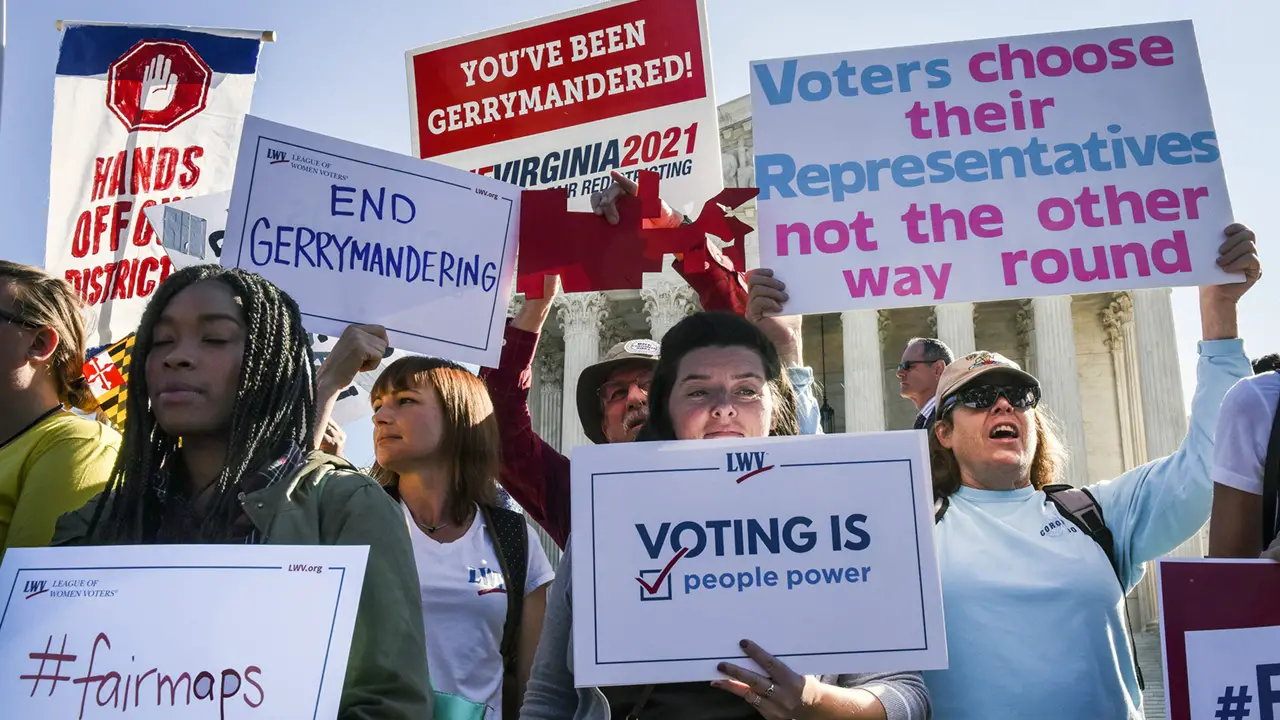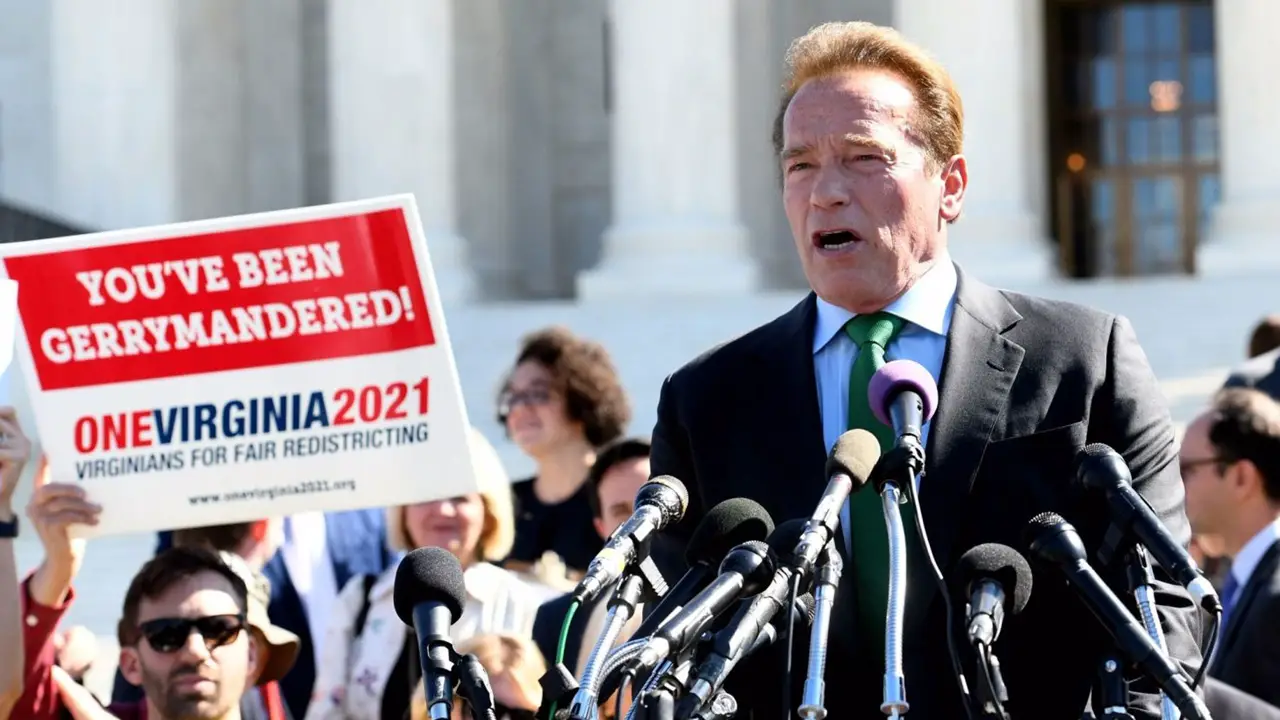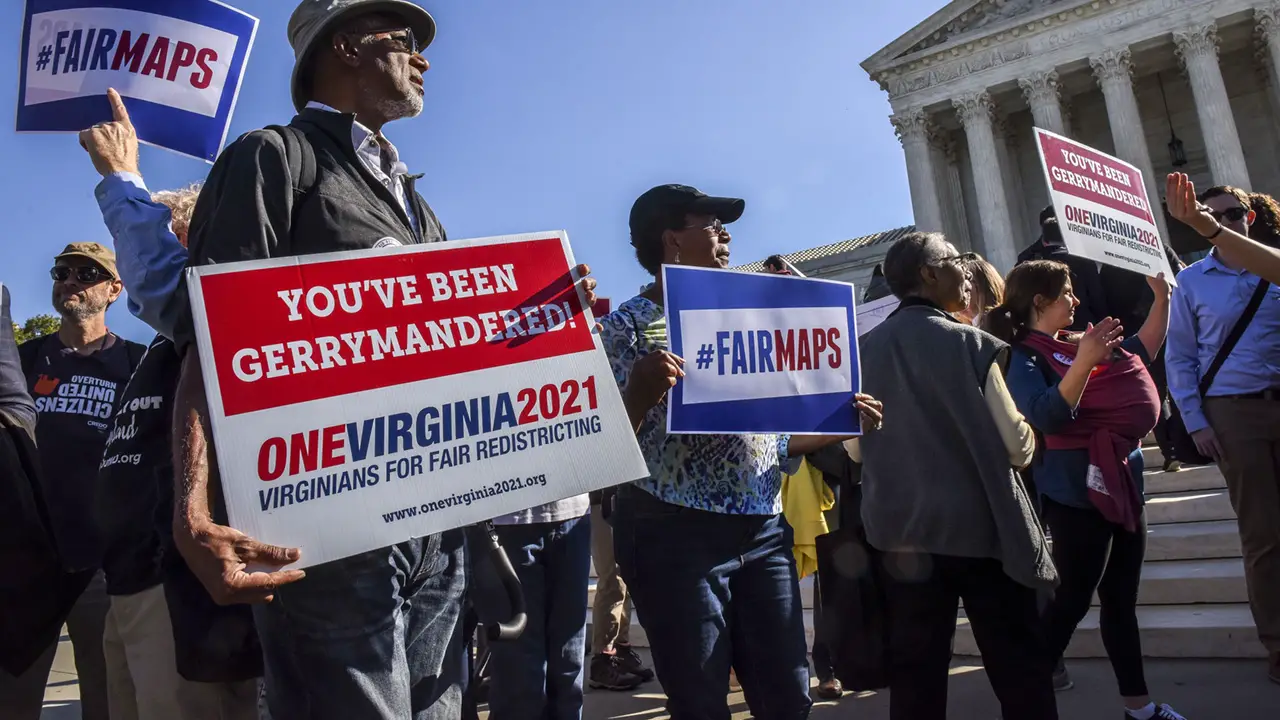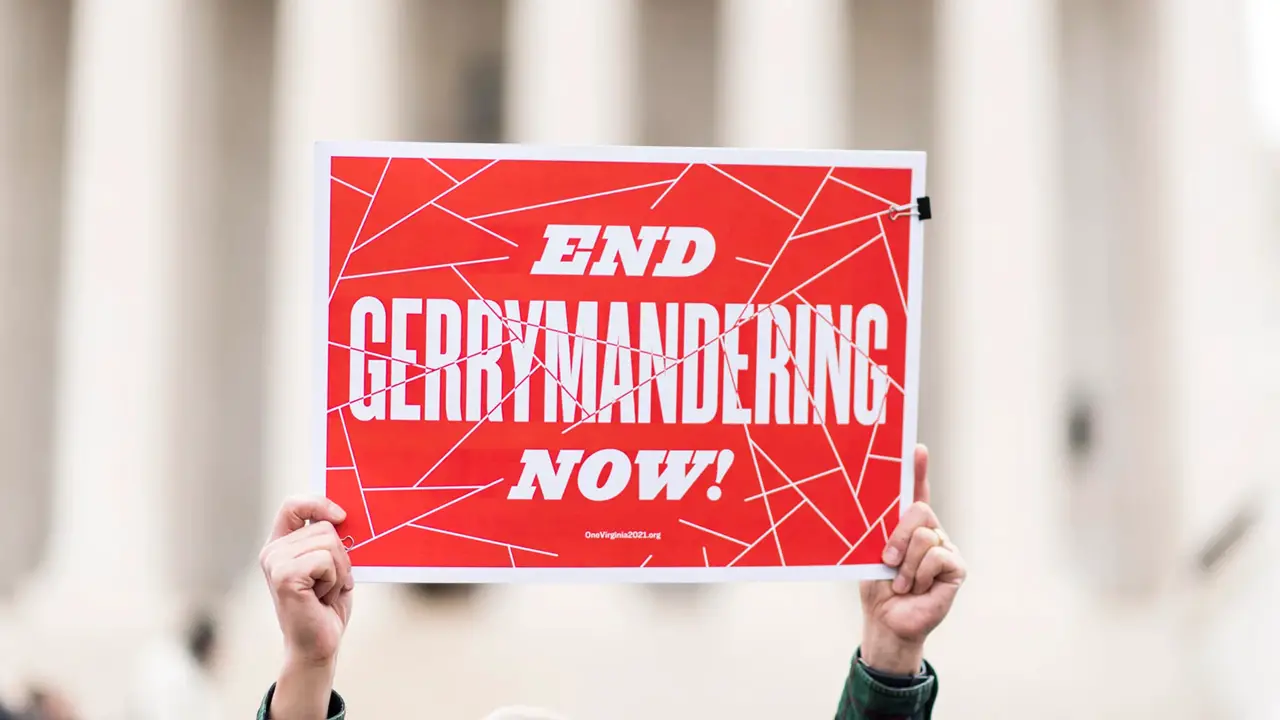Table of Contents
Introduction
Being in a state where voters don’t have a say is terrible. It creates a rift between the government and electorates during the electoral process. Gerrymandering is causing problems in many districts and is a rising issue to deal with. Also, it leads to a polarization of political systems. Sometimes, the results for many elections are known due to excessive gerrymandering. Many think that gerrymandering is quite useful since it helps political parties retain power. But, the aftermath makes a nation too corrupt for citizens. It has an impact on the electoral system, including democracy.
What Is Gerrymandering?

The word gerrymandering trends in the media today, as the national election approaches. It is a situation whereby ruling parties tend to bind themselves in power by bending the electoral map abruptly to accommodate them. It could also mean the manipulation of electoral systems or boundaries to favor a particular group or party. The aim is to enable party candidates to win, thereby drawing boundaries of parliamentary districts. Thus, parties will gain more seats after each poll. Gerrymandering makes legislators bend voting districts to suit their political parties.
The act is accomplished using two practices known as packing and cracking. Packing districts include plenty of opposing party voters. As such, the ruling party wins neighboring districts with minimal opposition power. From there, a packing district is being created. On the other hand, cracking breaks groups of opposition voters between different districts. As a result, they will be able to outnumber each of them.
Gerrymandering encourages long-term incumbency, and it is currently destroying democracy. In districts that suffer from gerrymandering, legislators only appeal within instead of broader masses.
Top 10 Reasons Why Gerrymandering Is Bad
Gerrymandering is an obstacle to the right government, especially democracy. Below are the top ten reasons why it is bad:
1. Gerrymandering Rewards Fanaticism

Anytime electorates of various parties are separated into districts, politicians refuse to oblige to voters’ voices. Therefore, appointed officials get the inspiration to appeal to political extremes. This results in the scoring of higher points against their opponents instead of working together to overcome issues. Appointed executives retire to their supporter’s side and govern from there.
2. Votes Don’t Count
Gerrymandering does not allow votes to matter. And it makes it difficult for a party to win a particular seat in congress. Gerrymandering manipulates district boundaries and nullifies votes.
3. Divides Communities

Communities tear apart due to gerrymandering, diluting their voting strength. In some cases, voters share a city legislator. Yet, they still have two or three different congressmen, which is quite absurd. Carving up communities and cities weakens votes and crumbles democracy. Also, gerrymandering cheats delegated groups, making their votes useless. Also, it divides groups, for example, the black community among two districts. As a result, they reduce their block votes to a little minority per district.
4. Too much power
With gerrymandering, there could be a disproportionate, worthless congress that is not capable of doing anything. Also, they waste money on things that are not profitable.
5. Cheats Democracy
Gerrymandering cheats democracy and compromises the concept of one-on-one voting. In an exploited district, election reduces to a common process to ascertain a fixed result. Gerrymandering offers the illusion of democracy but doesn’t support it. Up till now, the process still affects voting districts.
6. Determines the Number of Safe Seats

As expected, gerrymandering contributes to the rise in the number of safe seats. Meanwhile, safe seats cannot be avoided, but it is uncomfortable. In this case, voters decide on the winning party, but not the person representing them. For the seats, the primary political battle lies in the nomination instead of the election in other cases.
A minority of activists decide on the nomination since they come from the party extremes. Moreover, it is straightforward to manipulate nomination due to arranged moneyed interests. However, votes from the non-winning side will not count. Thus, gerrymandering could lead to low voters’ turn-out and also contradicts a congress.
7. Disgraces Democracy and Politics
Democracy and politics are usually disgraced as a result of gerrymandering. Any system that permits party holders to trick democracy is not sound. That is because it disenfranchises voters of their rights.
8. Politicians Choose Voters

In gerrymandering, politicians are the ones choosing voters instead of voters to select them. One of the fundamental rights of citizens is the ability to choose who they want to vote for. But gerrymandering restricts such rights, making it unfair. It gives politicians the power to pull their districts, thereby creating a conflict of interest. As a result, democracy will turn on its head.
People in gerrymandered districts are capable of voting and have their choice of candidate. But, they don’t know who to support. Gerrymandering affects the will of voters, especially when they know their votes don’t count.
9. Undisputed Votes
Unfortunately, gerrymandering makes votes from other parties to get only a few seats as possible. Most times, the other party gives up by not removing any candidate.
10. Changes in Political Power
Finally, gerrymandering shifts political power from the visible stage of voting to the hidden stage of manipulation.
Conclusion
Gerrymandering is unconstitutional, and it denies people of fundamental rights. Till today, legislators still create electoral districts to benefit their parties. Even political parties suffer as a result of gerrymandering. It tarnishes the reputation of parties, including the democratic process. Voters are sometimes discouraged from supporting political parties.
Putting an end to gerrymandering will help restore people’s votes. Many groups are fighting against it to help people get their voices. And, they’re using electoral means since gerrymandering has to do with voting rights. Indeed, most groups are opposing the idea of ending it since they see nothing bad in it.
To avoid gerrymandering, you need to go out and vote. Seek for the end of frivolous party politics in which many long for. Lawmakers can’t do it alone, so voters must be involved so their voices can be heard. Everybody has a part to play in the state of our elections and democracy. So, brace up and make a difference.
